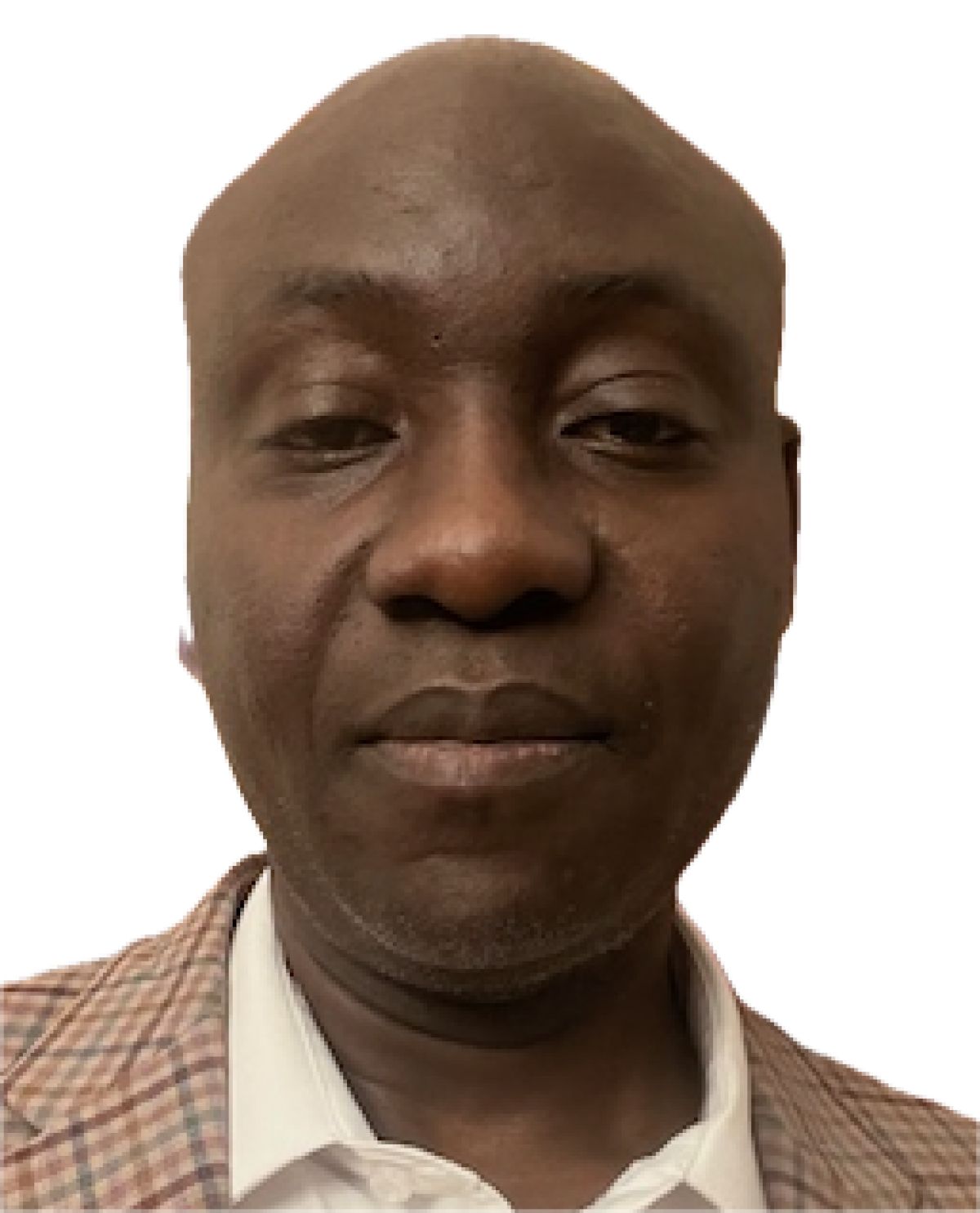
"I have sat with patients who tell me, " I hate these medications," and then, in the same breath, admit, " I am terrified of what happens if I stop them." Others describe a crushing sense of hopelessness, yet they still show up faithfully, week after week. These apparent contradictions are not signs of confusion or weakness. They are, in fact, the essence of being human."
"The idea that truth emerges from contradiction is not new. Socrates showed that by questioning assumptions and surfacing inconsistencies, we could move toward deeper understanding. Plato described dialectic as a ladder of reasoning that ascends step by step toward higher truths. Hegel later formalized the rhythm of thesis, antithesis, and synthesis, showing how progress is generated by the tension between opposites. Marx extended this idea to economics and society, demonstrating how conflict within structures propels transformation."
"When Marsha Linehan developed Dialectical Behavior Therapy (DBT) in the 1980s, originally for people living with borderline personality disorder, she placed dialectics at the center of her model. DBT rests on the paradox of acceptance and change. I often tell patients, yes, your suffering is real and valid, and you also have the capacity to live differently. That single conjunction becomes the ground on which healing can take place. It creates room for both truth and transformation."
Meaningful clinical moments occur when tension is named and lived with rather than eliminated. Patients often hold simultaneous opposing feelings, such as hating medications while fearing stopping them, or feeling hopeless yet attending sessions consistently. Contradiction functions as a source of insight and growth across philosophical traditions: Socratic questioning, Platonic dialectic, Hegelian thesis-antithesis-synthesis, and Marxist conflict-driven change. Contemporary clinical models, especially Dialectical Behavior Therapy, integrate acceptance and change as complementary forces. Embracing paradox creates therapeutic space for validated suffering alongside the possibility of transformation, enabling healing through balancing truth and movement toward different ways of living.
Read at Psychology Today
Unable to calculate read time
Collection
[
|
...
]